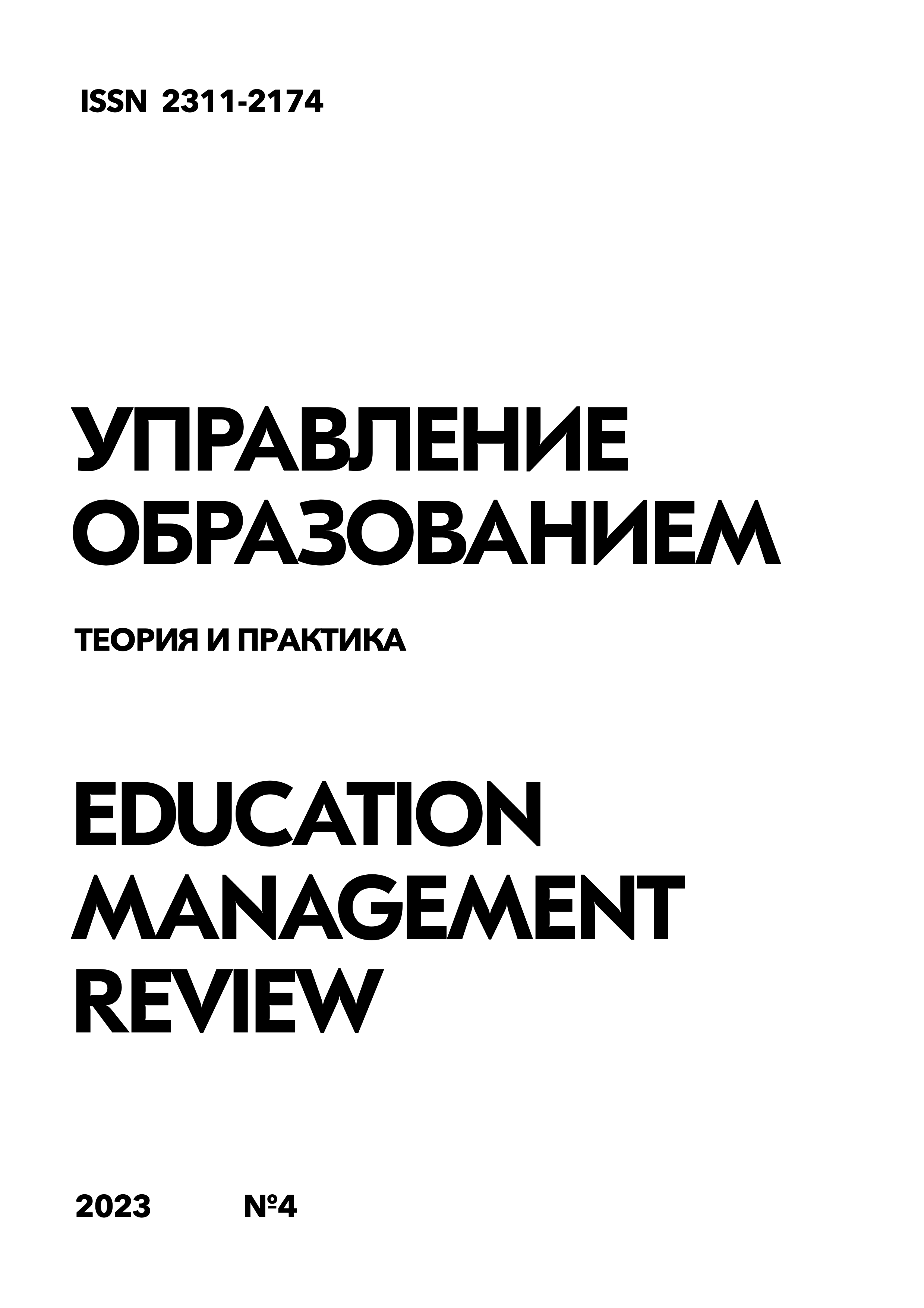Methods of using musical instruments in the structure of the development of the educational process
DOI:
https://doi.org/10.25726/l4307-1970-4953-uKeywords:
educational process, musical instruments, research, methodologyAbstract
Obviously, in professional art education, the role of musical instruments is a priori quite significant. The training of professional vocalists, choir singers, composers, musicologists, teachers of theoretical disciplines and other professional musicians necessarily involves mastering musical instruments, in particular the piano. Another thing is the process of general art education, which covers a large number of children, adolescents and youth. In this area, the function of musical instruments is no longer so obvious. At all times, the most popular and accessible form of musical activity in institutions of mass education among all peoples was choral singing. According to this, genres and styles of vocal and choral music (hymns, prayers, lyrical, dance and marching songs, ballads and the like) have occupied a dominant position in the musical and educational process since ancient times. For this reason, elementary musical-theoretical and historical knowledge, also oriented to cantilevered melody, choral syllable, song intonation nature. At the same time, musical culture has never been limited to vocal forms of music-making. Since ancient times, as proved by archaeology and cultural studies, people have been making and widely using musical instruments in artistic practice.
References
Безбородова Л.А. Теория и методика музыкального образования: уч. пос. Москва: Прометей, 2014. 387 с.
Верменич Ю.Т. Джаз: история, стили, мастера. Санкт-Петербург: Лань: Планета музыки, 2007. 607 с.
Мошков К. В. Индустрия джаза в Америке. XXI век. СПб.: Лань; Планета музыки, 2013. 640 с.
Пис Т. Джазовая композиция: теория и практика / пер. К. Боенко. Бостон (Массачусетс), 2003. 199 с.
Прищепа С.С., Каменская О.А. Профессиональные затруднения и потребности музыкальных руководителей ДОО в вопросах сотрудничества с родителями воспитанников ДОО // Детский сад от А до Я. 2019. № 4 (100). С. 88-98.
Сидорович В.Б. Педагогическое сотрудничество преподавателей и курсантов в образовательном процессе военно-учебного заведения // Молодой ученый. 2017. № 7. С. 473-477.
Современные джазовые тенденции. http:// jazzpeople.ru/jazz-in-city/sovremennye-jazzovyetendencii/
Федорович Е.Н. История профессионального музыкального образования в России (XIXXX века): учеб. пособие. М.: Директ-Медиа, 2014. 200 с.
Фейертаг В.Б. Джаз: энцикл. справ. 2-е изд., пере-раб. и доп. СПб.: Скифия, 2008. 675 с.
Хуторянская Т.В. Некоторые аспекты подготовки студентов педвузов к семейнопедагогическому сотрудничеству // Вестник Костромского государственного университета им. Н. А. Некрасова. Серия: Педагогика. Психология. Социальная работа. Ювенология. Социокинетика. 2009. Т. 15. № 4. С. 127-131.3. Мансурова А.П. Концептуальные положения модульно-дифференцированной подготовки музыканта-педагога в вузе // Вестник кафедры ЮНЕСКО «Музыкальное искусство и образование». 2015. № 3 (11). С. 11-24.

